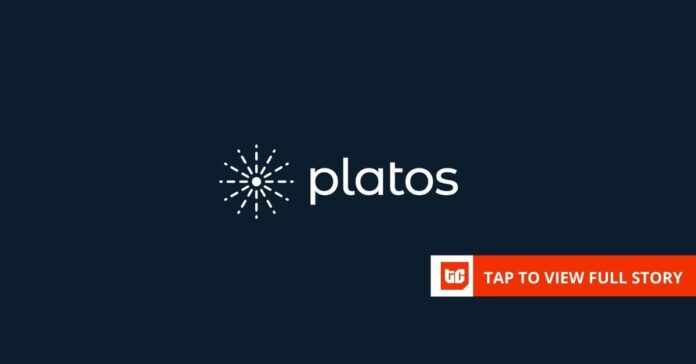Platos Health is a Lagos-based startup that allows users to monitor their body weight and other health metrics in the comfort of their home. The company has raised $1.4 to scale its AI powered metabolic health platform Platos Monitor.
Google for Startups, Invest International, and a group angel investors from Google Tesla and Unicredit participated in the round. The company will use this funding to launch its medical-grade hardware device, Platos Body Monitor in Nigeria.
Platos Health, a preventive platform launched by Joseph Fakayode in 2020, allows users to monitor metabolic health at home using a medical device, Platos Body Monitor. The device offers personalized health insights based on key metrics including heart rate, weight and body mass index (BMI). It also measures fat levels (both visceral and under-the-skin fat) and hydration. Users can track 49 quantifiable health indicators that show their overall status.
Get all the best African tech news delivered to your inbox.
Platos Platform comes with Platos Monitor Software, which is available for Android, iOS and the web. The software integrates with popular health ecosystems such as Apple Health and Google Health Connect to allow users to consolidate their health data into one place. Platos Body Monitor, which is distributed through 300 pharmacies–including Medplus, Justrite, and Alpha Pharmacy–across Nigeria, is priced between N80,000 ($50) and N120,000 ($80).
Platos, a Nigerian healthcare startup, is helping to reduce the burden of chronic diseases in the country such as diabetes, hypertension and metabolic syndrome. About 30% of Nigerian adults have at least one chronic disease and more than 8,000,000 people are diagnosed with diabetes. Innovative, accessible solutions are needed now more than ever. Nigeria’s severe medical shortage–just 500 cardiologists for over 200,000,000 people –and ongoing exodus from doctors further strains the health system. Startups like Platos, which use technology to empower people to monitor and manage health, are filling in critical gaps, making chronic disease management and preventive care more accessible and effective.
According to the company, this is a market opportunity worth $30 million. It will need to compete with established competitors such as Omron whose medical devices are widely recommended by healthcare professionals worldwide and have been clinically validated for decades. Platos, however, has already achieved some early successes. The platform, which earns money primarily through the sale of its products, claims that 33% of users have achieved clinically significant weight losses within three months. And 59.4% said in a recent user survey that they would be disappointed without Platos.
Platos is different from its competitors, such as Omron, Withings and Fitbit, which focus on measuring health data for people who have already been diagnosed with illnesses like cardiovascular risk or high blood pressure. Platos targets the visibly sick and the millions of Africans with hidden fats and undiagnosed metabolism risk. Platos helps users identify and address silent threats, shifting the focus away from reactive care towards proactive prevention.
When questioned about its decision to launch in Nigeria the startup cites these gaps in prevention and care. “We saw a hole. Fakayode explained that health is not just clinical, but personal. “Platos Monitor gives Nigerians this power first.”
Platos uses Google’s Gemini for personalized insights and health summaries. For example, it can distinguish between ‘good fat’ and ‘bad fat’. Fakayode claims that these tools can help users to manage their weight, improve their metabolic health, prevent diseases, and address age related muscle loss. The Platos software was designed for urban women, health-conscious men and other groups that are often affected by poor nutrition and inactivity.
Platos will increase its research and expansion efforts with the new funding. The company works with scientists, including Professor Hanno Piejl, an expert on metabolic health and lifestyle medication, and Dr. Jimoh Itopa to study how diet impacts body fat and metabolism. Platos’ initiatives are based on Dr. William Li’s research on the body’s natural defense system. Platos is seeking to develop a more evidence-based preventive health approach. Platos, despite its devices costing more than Nigeria’s current minimum wage (N70,000 or $43.56) is betting on capturing the majority of Nigerian households with high incomes. If history is any indication, today’s luxury may become tomorrow’s need. Platos’ real test will be if it can transform a premium product to a mass-market remedy for better health, before the next silent epidemic strikes.


